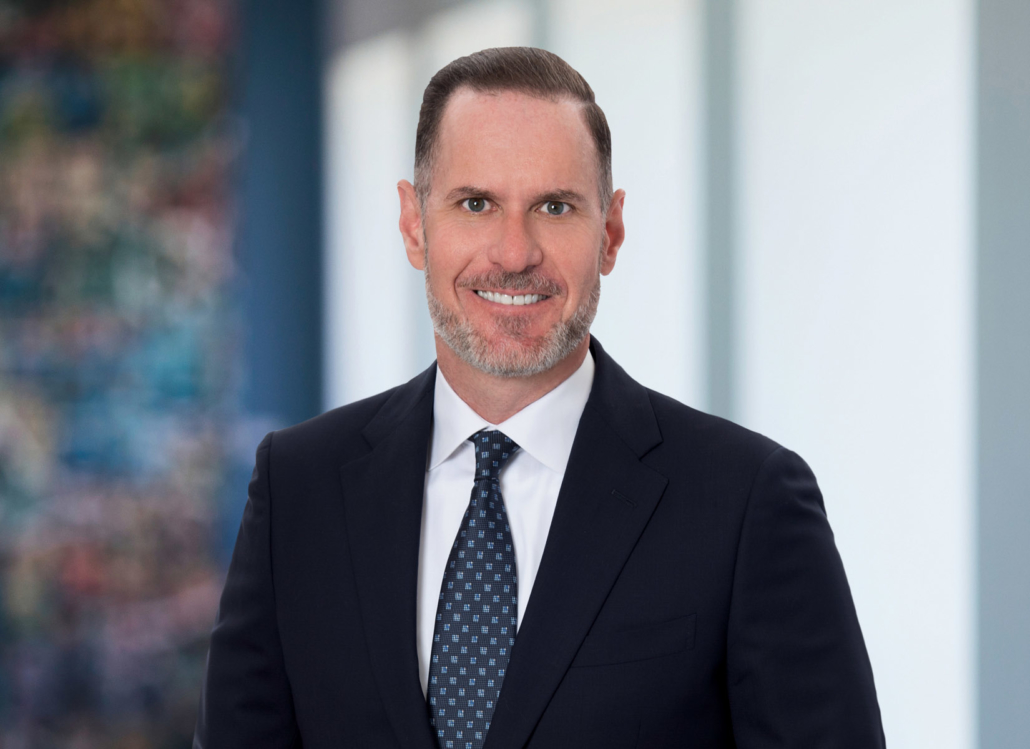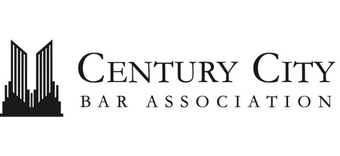
Lee Brenner, the Century City Bar Association’s 2020 Entertainment Lawyer of the Year and chair of Venable’s Entertainment and Media Litigation Group, discusses his practice, his commitment to defending First Amendment principles, and his passion for trial.
Your practice is focused on entertainment and media litigation. What drew you to this area of law?
Most of my work involves business disputes in an entertainment context, which means anything from idea theft claims, and copyright and trademark infringement, to breach of contract, fraud, or right of publicity cases. I’m a third-generation trial lawyer and grew up listening to my grandfather’s stories about trying cases back in the 1940s. He could talk about trials all day.
So, from the outset of my own career, I couldn’t wait to get into the courtroom, to examine witnesses, and argue cases. To this day, the most rewarding aspects of this job are building the best possible case for my client in court, performing quality cross-examinations, sticking to principles, and making clean arguments. It’s even more gratifying when opposing counsel does the same. That’s the stuff of real lawyering.
What types of cases do you find most challenging or interesting?
I really like so-called idea theft cases, which tend to dovetail with copyright infringement cases, where someone says, “You stole my work and you used it in your program.” Plaintiffs in such cases often forget or are unaware that an underlying principle of the Copyright Act is that we’re supposed to inspire each other to create new works or to build on existing ideas. Obviously, you can’t take someone’s expression and call it your own; the Copyright Act tries to strike a balance with that. But ideas are free—no one owns an idea, and no one owns a fact.
My favorite part of these cases is playing detective and trying to really figure out where an idea came from. Sometimes I’ll consult an expert to establish the origin of an idea, but increasingly I just figure it out myself. It’s not unusual to find that a certain idea was first played out back in a pamphlet in 1901, then appeared again in a detective magazine in 1946, then inspired someone to write a comic book in the 1970s, and then became a major motion picture in 2020. It can take quite a bit of old-fashioned detective work to figure all that out, but it’s one of my favorite things to do and it can be very effective. That said, there are some plaintiffs—I call them “true believers”—who will insist that any similarities they see between their work and that of others are the product of plagiarism, and no one can convince them otherwise. I’ve had cases where I have shown through forensic discovery that my client was working on an idea years before the plaintiff claims to have come up with theirs. Yet even hard evidence is not enough to convince some “true believers.”
What advice would you give to other lawyers handling these types of cases?
If you are in the right, don’t settle. I learned a lesson early on in my career that when you settle those cases, even for a nominal amount, it can harm your writer/creator client because people will believe that your client must have stolen the idea—otherwise they wouldn’t have paid out. As a very young lawyer, I did once settle a case for a very low sum. Exceedingly low. The rationale was that litigating the case would have been way more expensive and time consuming. But even though the settlement was confidential, the fact of the settlement itself (but not the low amount) was instantly leaked to the media, and the writer in question was raked over the coals and her reputation suffered. In defending these cases, you have to remember that the artist’s reputation is at stake.
You have performed a considerable amount of pro bono trial work involving First Amendment issues. Why are these cases important to you?
A major thread that runs through my media work is the defense of First Amendment principles, and this translates into my entertainment work too. People often forget how important entertainment is. A lot of people get their news or facts from docudramas and other entertainment programs, even parodies. Entertainment is not just a diversion to get our minds off hard things; it can stimulate discussion about issues of great importance to our country and the rest of the world. Entertainment programs can also offer an important historical perspective. So, the First Amendment permeates everything. In particular, the First Amendment underlines our right to add to the marketplace of ideas and to speak and comment about newsworthy things. In my view, that is a principle worth defending, perhaps above all else.
As chair of Venable’s Entertainment and Media Litigation Group, do you have a vision for how you want the practice to evolve and grow?
For me there’s only one way to go, and that is to create leaders in the field. You have to take the training wheels off and give young lawyers enough freedom and leeway to make their own decisions (and mistakes), while at the same time backing them up. What I try to do is when a lawyer comes to me for a recommendation, I ask them to come up with their own. Nine times out of ten their recommendation will be the right one. If it’s not, we’ll talk it through. I also make sure to send lawyers into court as soon as they are ready. When I was a first-year associate, I asked to do every hearing I could. Similarly, I would jump at every opportunity to take a deposition. I encourage our young associates to do the same. Fortunately, the younger generation is so much smarter in a lot of ways than we were. But it can be a punishing job; you really need to have a passion for it, and most of all you have to develop a really thick skin. If a lawyer can’t picture herself or himself standing in front of a jury arguing a case, then they simply shouldn’t be a litigator.
